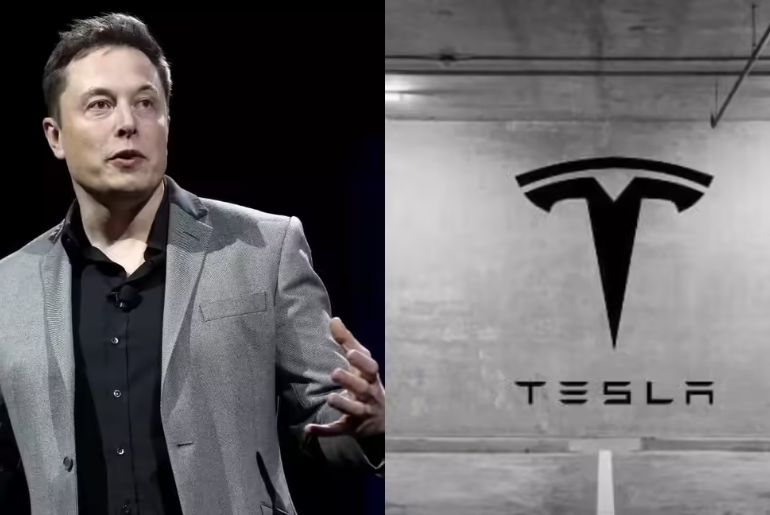Elon Musk and Tesla Inc. are facing a shareholder lawsuit alleging securities fraud, accusing them of concealing the significant safety risks of the company’s self-driving vehicles, including the much-anticipated Robotaxi.
The proposed class action was filed late Monday in federal court in Austin, Texas, following Tesla’s first public Robotaxi test in late June in its hometown. The test reportedly revealed troubling safety issues, with vehicles speeding, braking suddenly, mounting kerbs, entering the wrong lane, and dropping passengers in the middle of multilane roads.
Market Impact and Allegations
Following the tests, Tesla’s share price fell 6.1% over two trading days, wiping out roughly $68 billion in market value. Shareholders claim Musk and Tesla overstated the effectiveness and readiness of the company’s autonomous driving technology, artificially boosting Tesla’s financial outlook and stock price.
The complaint cites Musk’s April 22 assurance during a conference call that Tesla was “laser-focused on bringing robotaxi to Austin in June”, along with the company’s claim that its approach would enable “scalable and safe deployment across diverse geographies and use cases”.
Defendants and Scope of the Case
Alongside Musk, Tesla’s Chief Financial Officer Vaibhav Taneja and former CFO Zachary Kirkhorn are named as defendants. The lawsuit, led by shareholder Denise Morand, seeks damages for investors who purchased Tesla stock between April 19, 2023, and June 22, 2025.
Tesla did not immediately respond to requests for comment.
Broader Context and Recent Legal Setbacks
The expansion of the Robotaxi service is seen as crucial for Tesla, especially as the company faces declining demand for its existing EV lineup and a backlash over Musk’s political stances. Musk has publicly stated his goal to offer Robotaxi services to half of the U.S. population by the end of the year, pending regulatory approval and public confidence in safety.
The lawsuit comes shortly after a Florida jury on August 1 found Tesla 33% responsible for a 2019 crash involving its self-driving software, which killed a 22-year-old woman and injured her boyfriend. The jury awarded $243 million in damages, with Tesla planning to appeal, blaming the driver for the incident.
If successful, the shareholder lawsuit could deal another major blow to Tesla’s autonomous driving ambitions at a time when the company is betting heavily on self-driving technology to drive its future growth.

